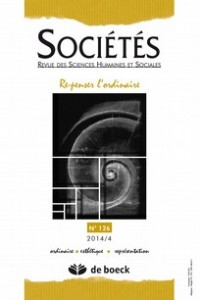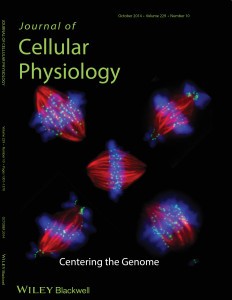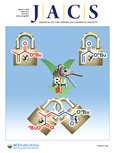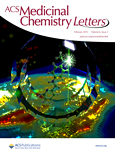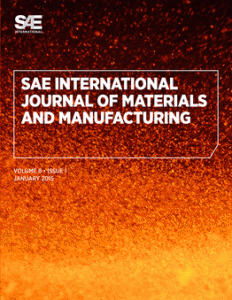 The SAE International Journal of Materials and Manufacturing has retracted a paper after realizing the authors ripped off a 1999 PhD thesis.
The SAE International Journal of Materials and Manufacturing has retracted a paper after realizing the authors ripped off a 1999 PhD thesis.
According to the notice, the 2014 paper — about the best ways to set up manufacturing cells in the automobile industry — “is almost entirely taken” from a Durham University, UK student’s PhD thesis. The thesis, “Computer-aided design of cellular manufacturing layout,” was written by Yue Wu. We were unable to track him down after he left the University of Exeter‘s Manufacturing Enterprise Center.
Here’s the notice for “Reengineering the Layout: A CMS Methodological Approach”: Continue reading Manufacturing paper assembled “almost entirely” from someone else’s 1999 thesis
